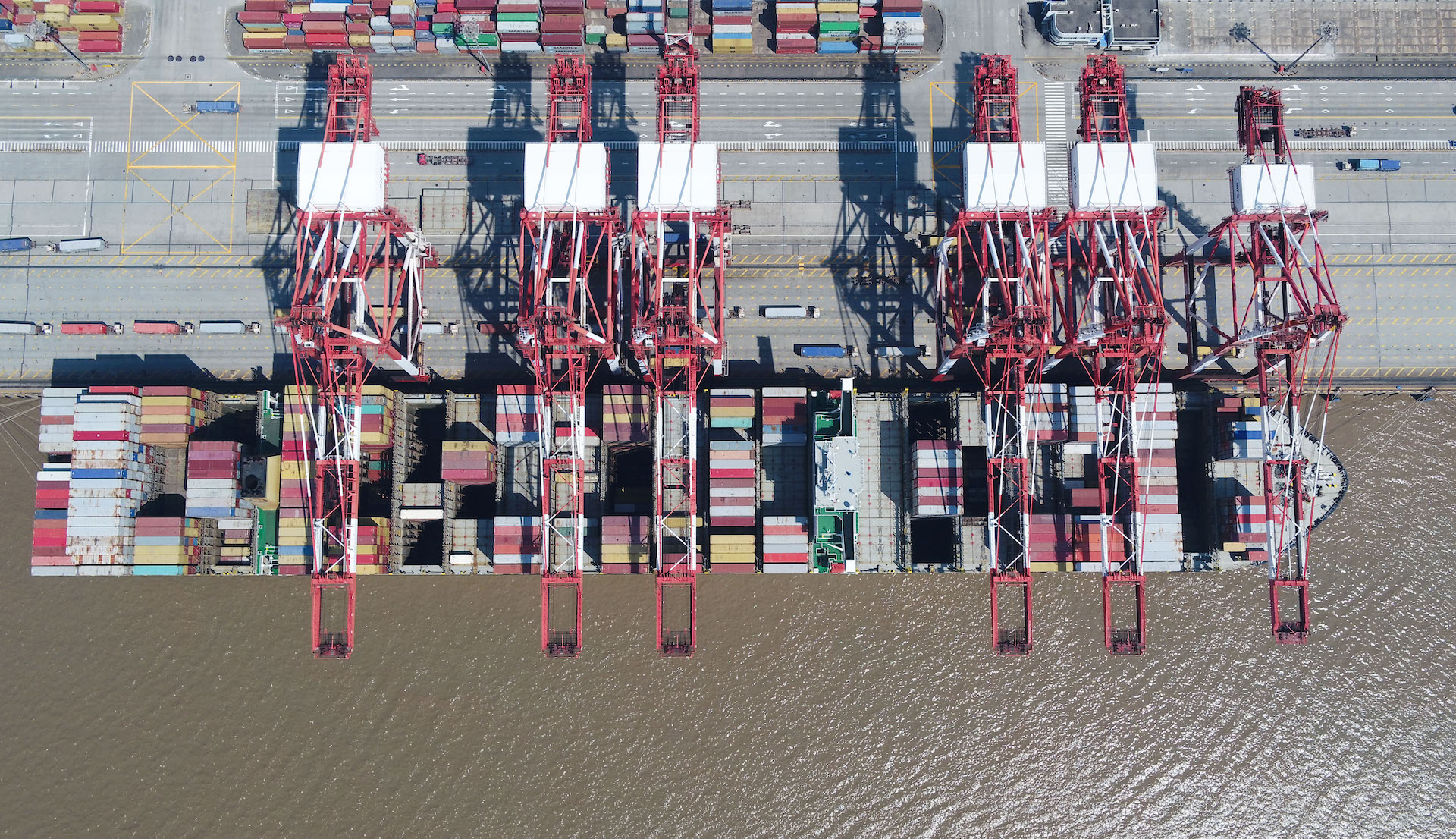China, Ukraine, and the Fed will shock Asia’s economy this year, World Bank says
The World Bank has slashed China’s economic growth to 5.0%, making the nation one of three major shocks forecasted to hit Asian economies this year.

China’s economy is forecasted to grow only 5% this year, the World Bank said in a new report released on Tuesday, down from its previous 5.4% estimate from last October and significantly lower than the 5.5% growth target announced by Beijing at the Two Sessions gathering earlier this year.
China’s embattled property sector is expected to see a decline in investment growth, falling from a recent peak of 11.2% year-on-year in quarter one of 2021 to −8.3% at the same time this year.
- The highly transmissible Omicron variant has “increased the economic costs and reduced the health benefits” of Beijing’s COVID-zero strategy, pummeling major hubs like Shanghai. Despite Omicron’s apparent lack of potency, China’s COVID-zero policy means that any outbreak will hammer economic output wherever the government imposes lockdowns and other restrictions.
- Worsening global conditions and weak national policy responses could further slow growth down to 4%.
China news, weekly.
Sign up for The China Project’s weekly newsletter, our free roundup of the most important China stories.
Asia will be hit by three economic shocks this year, the World Bank predicts: the sharp slowdown in China, the war in Ukraine, and rate hikes from the U.S. Federal Reserve.
- Over 8 million East Asia and Pacific households whose members fell back into poverty during the pandemic “will see real incomes shrink even further as prices soar.”
- China and the U.S., the world’s two largest economies, are expected to make smaller contributions to global growth in 2022 and 2023 than they did last year.
- Construction, industry, and services sectors are predicted to slow down in China, and are likely to hurt growth in East Asia and Pacific nations.
- Incentives for firms to relocate outside of China are growing, in part because of an increase in real wages in China and trade tensions with the U.S.
- However, contrary to current public discourse, a COVID-like shock to the economy actually reduces the incentive for firms to move.
“Just as the economies of East Asia and the Pacific were recovering from the pandemic-induced shock, the war in Ukraine is weighing on growth momentum,” said Manuela Ferro, the World Bank’s vice president for East Asia and Pacific. “The region’s largely strong fundamentals and sound policies should help it weather these storms.”






